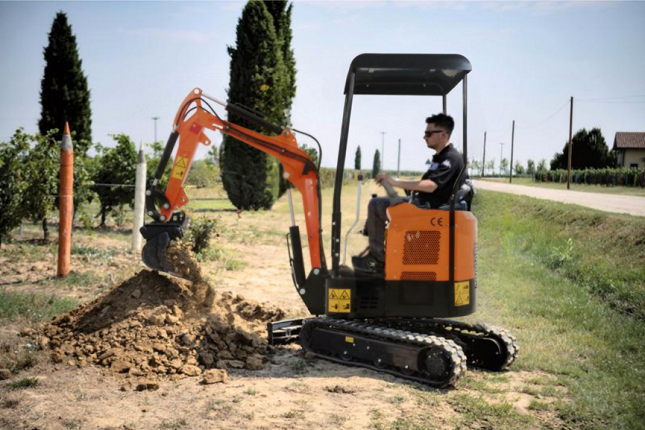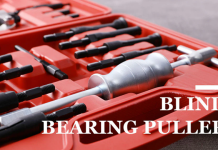Urban construction comes with its own unique set of challenges. Tight spaces, strict deadlines, and high operational costs make it essential for construction companies to maximize efficiency while controlling expenses. Enter the mini excavator—a compact, versatile, and cost-effective solution that can transform the way urban projects are executed.
Why Mini Excavators Are Ideal for Urban Construction
Mini excavators are perfectly suited for urban environments thanks to their compact size and maneuverability. They can easily navigate narrow streets, alleys, and small job sites where larger equipment would struggle. Beyond size, their smaller footprint reduces noise, dust, and overall disruption—a key advantage when working near residential or commercial buildings.
Versatility is another hallmark of mini excavators. With the right attachments, they can handle a wide range of tasks including digging, grading, lifting, and even small-scale demolition. This adaptability allows urban construction teams to complete more work with fewer machines.
Key Features That Boost Efficiency
Modern mini excavators come equipped with features designed to increase efficiency on the job site:
- Advanced hydraulics and digging power: Even compact machines can handle tough soil and materials, completing tasks quickly and accurately.
- Quick-change attachments: Swap buckets, breakers, or grapples in minutes to tackle multiple tasks without downtime.
- Compact transportability: Easily move machines between urban sites without requiring special permits or oversized transport vehicles.
- Operator-friendly controls: Intuitive controls reduce the learning curve and allow operators to work faster with less fatigue.
These features combine to streamline operations and maximize productivity, even in constrained urban environments.
Cost and Profit Advantages
Mini excavators offer significant cost savings compared to full-sized machines. They consume less fuel, require lower maintenance, and reduce labor costs thanks to their ease of operation. Faster project completion translates to quicker invoicing and higher turnover, boosting overall profitability.
For businesses seeking flexibility, mini excavators can be leased or purchased depending on the project budget and long-term plans. This flexibility allows urban construction companies to scale their equipment without tying up capital unnecessarily.
Applications in Urban Construction
Mini excavators excel in a wide range of urban construction applications:
- Residential and commercial renovations: Dig foundations, trenches, or landscaping areas in confined spaces.
- Utility and infrastructure work: Install or repair plumbing, electrical lines, and water/sewer systems efficiently.
- Landscaping and small-scale demolition: Remove debris, clear land, and prepare sites for new construction.
Real-world examples show that using mini excavators can significantly reduce project timelines and labor costs, directly impacting the bottom line.
Tips for Maximizing ROI
To get the most value from a mini excavator:
- Choose the right size and attachments for the tasks at hand.
- Maintain equipment regularly to prevent downtime and costly repairs.
- Train operators thoroughly to ensure safe and efficient operation.
- Leverage project tracking and planning tools to optimize workflow and productivity.
A well-chosen, well-maintained mini excavator can be a game-changer for urban construction businesses.
Conclusion
Mini excavators are more than just small machines—they’re a strategic investment for urban construction projects. Their compact size, versatility, efficiency, and cost-effectiveness make them ideal for navigating the complexities of city jobs. By incorporating mini excavators into your workflow, you can improve project timelines, reduce expenses, and ultimately maximize profitability.









































